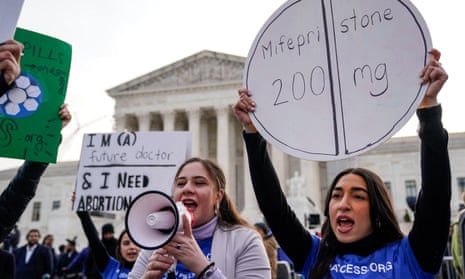States with restrictive abortion laws generally have more porous safety nets for mothers and young children, according to recent research and an analysis by The Associated Press. Tennessee is an example of how this plays out. Tennessee residents of childbearing age are more likely to live in maternal care deserts and face overall doctor shortages. Women, infants and children are less likely to be enrolled in a government nutrition program known as WIC. And Tennessee is one of only 10 states that hasn’t expanded Medicaid to a greater share of low-income families.
The AP reported on how safety net programs in Tennessee and states with similarly strict abortion laws often fail families. Here are some key takeaways. Medicaid doesn’t cover as many low-income residents. The Republican supermajority in the Tennessee legislature has long rebuffed efforts to expand Medicaid to people earning up to 138% of the federal poverty level — about $35,600 for a family of three.
Earlier this year, a federal judge ruled TennCare — the state's Medicaid program — unlawfully terminated coverage for thousands of families and had a “lethargic” response to nearly 250,000 children losing coverage because of paperwork problems.
Republican Gov. Bill Lee argues that his administration has enhanced services. For example, it boosted its Medicaid coverage for mothers in 2022 from 60 days postpartum to one year, which allowed an additional 3,000 moms to use the program each year. The state also raised the Medicaid income limit for parents to the poverty level — nearly $26,000 for a family of three — and began offering recipients 100 free diapers a month for babies under two.






















